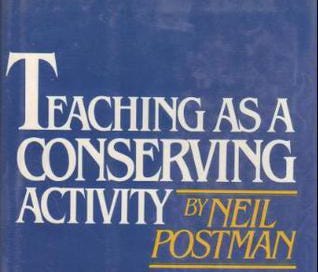English teaching, AI and the thermostatic principle
A one-off issue between Fortnightlies 172 and 173: the latter will be along this time next week, followed by an Occasional for paid subscribers in two weeks.
Nobody knows anything, as the screenwriter William Goldman famously said about Hollywood and films:
Not one person in the entire motion picture field knows for a certainty what’s going to work. Every time out it’s a guess—and, if you’re lucky, an educated one.
Alan Jacobs refers to ‘the seductions of prediction’, and these seductions have been very much o…
Keep reading with a 7-day free trial
Subscribe to The Fortnightly from Julian Girdham to keep reading this post and get 7 days of free access to the full post archives.




